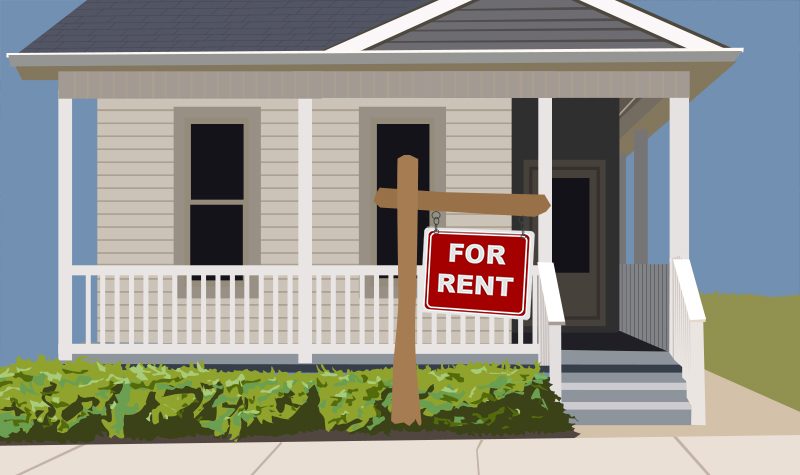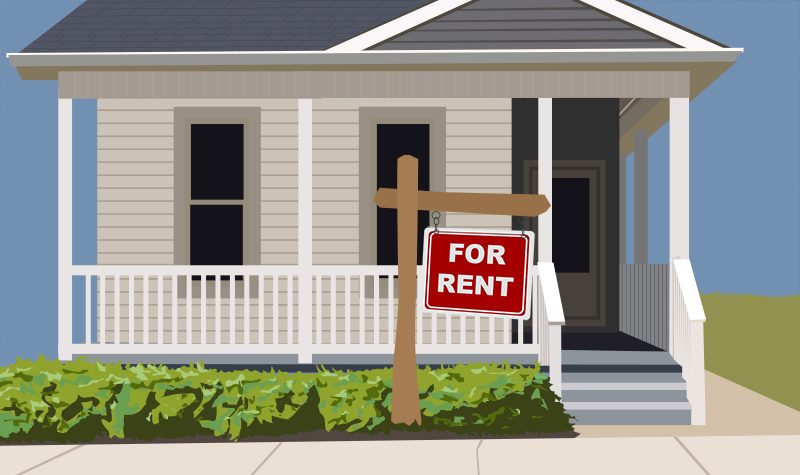Student’s Union provides students assistance


After recent construction delays with the ICON Waterloo student apartments, the Wilfrid Laurier University Students’ Union Student Right Advisory Committee (SRAC) has been taking action to promote awareness of landlord and tenant rights.
The committee is going into its third year and deals specifically with students’ concerns relating to academic policy, landlord and tenant issues and appeals processes.
Students can visit the University Affairs tab of the Students’ Union website to find more information on how to get in touch with the right contacts.
The SRAC will be able to refer students to the appropriate legal counsel to get additional information and advice regarding legal issues.
“We can help students navigate the system, but we can’t provide legal representation because we’re not lawyers,” said Students’ Union vice-president of university affairs, Colin Aitchison.
With issues of buildings not being finished in time for residents to move in for the start of the school year becoming especially prevalent over the past few years, Aitchison cautioned against looking for accommodation in unfinished buildings.
“I would just hazard students not to sign a lease for a building that isn’t finished. It’s something that happens every year. There’s no real protection for preoccupancy. So if your building is not done it’s tough to sort it out,” said Aitchison.
In order to relay the message to students early on, the SRAC will be going into first-year residences to discuss their rights as tenants.
The hope is that educating students early on in their academic careers will give them a better foothold on their rights before they actually enter into any agreements with landlords.
Staff members of the University Affairs department will also be offering lease readings for students to clarify any misunderstandings or issues that may arise.
According to Aitchison, one of the biggest issues is the lack of ability to enforce residential tenancy laws that the Landlord and Tenant Board actually has.
“Something that we’re working on with the feds up the street is to grant more power to the Landlord and Tenant Board so that they can actually enforce what landlords can and can’t put [into] leases. It’s tough right now because especially in the university area, if I went in and I was like, ‘no I’m going to bring in a pet you can’t do that’ they would say ‘okay, I’m going to find another tenant,’ because the demand is so high,” said Aitchison.
If students need specific clarification on terms of the Residential Tenancies Act, they can call the Landlord and Tenant Board to speak directly to a customer service representative that is trained in all aspects of the Act itself.
Students are also encouraged to contact the University Affairs department if they have an interest in becoming advocates for these kinds of issues.
“If they want to volunteer for the University Affairs department, our outreach committee actively advocates for this kind of stuff and we bring volunteers to meetings with politicians. If they want to help students read these leases they can join our Students’ Right Advisory Committee,” said Aitchison.
Although issues of preoccupancy are the most newsworthy, the SRAC can assist with finding direction when it comes to a variety of other tenancy issues students may face.

